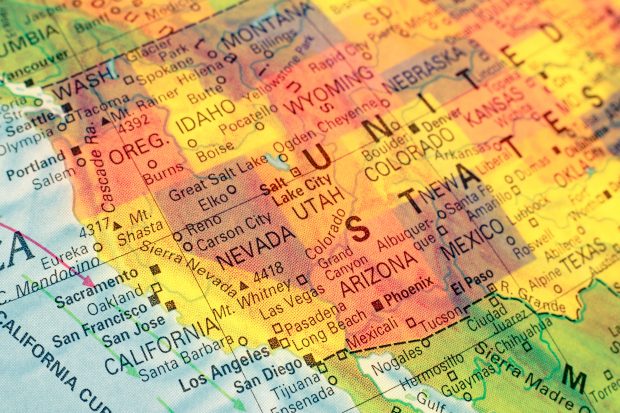
Many attorneys practice law in multiple states, since clients often like to use the same lawyers to handle as many matters as possible. Today, it is relatively easy to begin practicing law in different jurisdictions since many states have reciprocity and do not require bar candidates to sit for an additional bar exam. Once a lawyer is admitted to practice in a new jurisdiction, there may be a learning curve before that attorney learns all of the local customs and practices particular to legal professionals of that jurisdiction. Although there are many differences in practicing law between jurisdictions, I have seen a few interesting differences in my own practice.
Names For Lawyers

How LexisNexis State Net Uses Gen AI To Tame Gov’t Data
Its new features transform how you can track and analyze the more than 200,000 bills, regulations, and other measures set to be introduced this year.
I started my legal career handling mostly litigation matters filed in New York. In that state, some lawyers call each other “counselor,” but most lawyers and paralegals do not use any kind of honorific. While working on a few matters, I needed to work with lawyers who were admitted to practice in some New England states. Legal professionals in such jurisdictions may refer to a lawyer as “Attorney ____” so I would be referred to as “Attorney Rothman” which would be weird to say in New York, New Jersey, and I’m betting a number of other jurisdictions. Ultimately, the greeting makes sense, and I call coaches, members of the clergy, and other professionals by their job followed by their last name. I just was not used to this practice being applied to lawyers.
In many jurisdictions, it is common to affix “Esq.” (short for “Esquire”) after someone’s name if they are licensed to practice law. Interestingly, legal professionals in some states, such as Pennsylvania, are more apt to spell out the entire title of “Esquire” rather than abbreviate. Ultimately, this is a small difference, but it is something to keep in mind if a lawyer wants to fit in while practicing law in a different jurisdiction.
Different Lexicon
Many states use modern words to discuss legal practice, and indeed, the Federal Rules of Civil Procedure also use modern words like motion, stay, clerk, and others to discuss legal procedures. However, some jurisdictions use downright antiquated words to describe the legal profession. In the past few years, I have had to look up what prothonotary, praecipe, supersedeas, and other terms were since I am more used to the modern definitions for this somewhat antiquated language. Of course, it is easy enough to research what these words mean, but a lawyer entering a jurisdiction for the first time should know the relevant lingo so that they can look more experienced when serving clients.

How Filevine’s New DraftAI Cuts Out Hours Of Writing Work
Now it transforms your document creation with natural language prompts.
Efiling Systems
People who practice in federal courts are lucky when it comes to efiling documents. Federal courts use one unified efiling system for all federal jurisdictions across the country, and this system has been in place for decades. States were late to the game in adopting statewide efiling systems, but many states now have one efiling system that lawyers can use to efile documents in courts in those states. However, some states still have decentralized efiling systems. Indeed, I recently had to file a document for a lawsuit in a state in which each individual county has its own efiling system. It was somewhat annoying to research the efiling system for a particular court, sign up for access, and ensure that documents were properly filed. Practitioners should not expect that they can use one statewide system to efile documents in a particular jurisdiction.
In any case, lawyers often need to expand their practices to different jurisdictions to better serve clients. Attorneys practicing in different jurisdictions should keep in mind that practices may differ between jurisdictions.
Jordan Rothman is a partner of The Rothman Law Firm, a full-service New York and New Jersey law firm. He is also the founder of Student Debt Diaries, a website discussing how he paid off his student loans. You can reach Jordan through email at jordan@rothman.law.